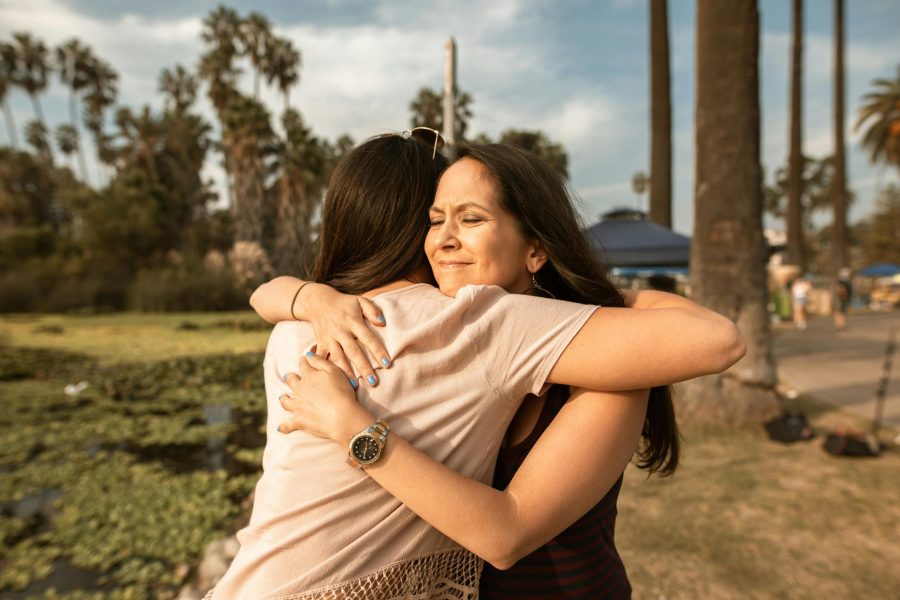How Your Community Can Empower You to Recover from Failure
Failure is a part of life. But the way we recover from it isn’t something we need to face alone. One of the most overlooked keys to bouncing back from failure is having a strong support system—a group of people who lift us up, challenge us, and help us process our setbacks.
This article dives deep into how building the right community can accelerate your recovery from failure, offering emotional, practical, and psychological benefits that are often ignored.
Why Support Systems Are Crucial After Failure
Facing failure can feel isolating, and for many, the instinct is to retreat inward, believing they must deal with their emotions and learn from their mistakes by themselves. But research shows that this mindset can lead to prolonged distress and even worsen the emotional toll of failure.
A 2016 study from the American Psychological Association found that individuals with strong social networks were 36% more likely to recover from significant setbacks faster compared to those without such networks.
This is not just about sharing your troubles. When you are part of a supportive community, you’re exposed to diverse perspectives, shared experiences, and collective wisdom that can help you navigate failure more effectively. While self-reflection is important, community reflection can offer insights you might never uncover on your own.
Social Bonds as Emotional Anchors
Have you ever felt the sting of failure only to have a friend or family member remind you of your strengths, offering perspective and helping you see the setback in a new light? That’s the power of emotional anchors—people who ground you when your world feels shaken.
They provide the emotional support that reassures you failure is not the end, but merely a bump on the road.
Emotional bonds also act as a buffer. Research conducted by Brigham Young University found that strong social connections can improve resilience by providing emotional support and encouragement.
In other words, the bigger and deeper your support system, the more likely you are to see failure as a learning opportunity rather than an identity-defining moment.







